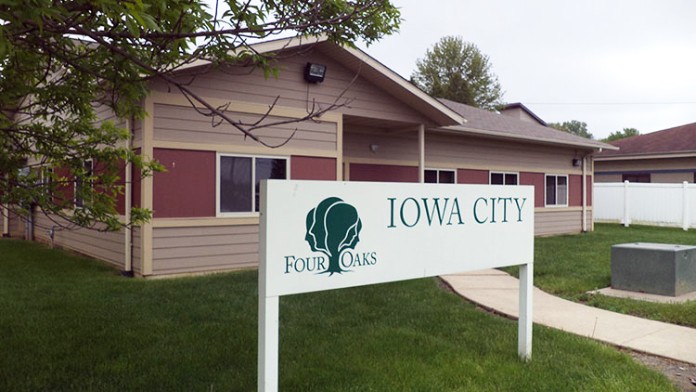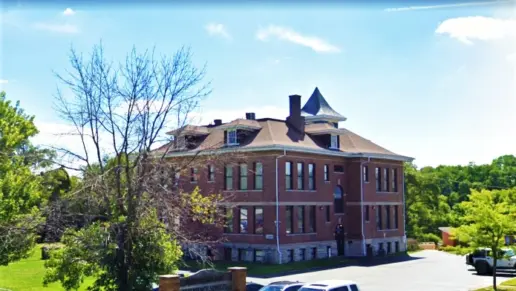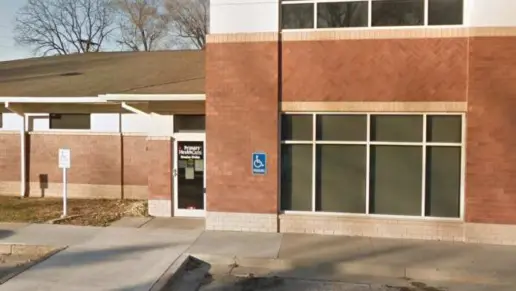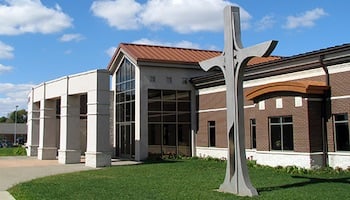There are good things in everything bad. They helped me overcome my addiction but all this at the cost of spending the worst days of my life.
About Four Oaks Family and Childrens Services
Four Oaks Family and Children’s Services is a specialized mental and behavioral health care facility for children, adolescents, and families in Cedar Rapids, Iowa. They offer short-term and long-term residential care and aftercare planning and support.
Four Oaks Family and Children’s Services offers dedicated services for youth with co-occurring addiction and serious mental illness (SMI). Treatment programs include the following services:
Their residential programs allow clients to focus on their recovery in a highly structured and supportive environment featuring comfortable, homelike amenities. Clients receive medical and mental health assessments, personalized care planning, and comprehensive case management. They also engage in intensive, trauma-informed, CBT-based individual, group, and family counseling. The program promotes clients’ sustained recovery and successful community reintegration through robust, age-specific life-skills training that addresses topics such as coping, self-care, emotional regulation, communication, and relapse prevention.
Their aftercare services ensure a complete continuum of care aligned with clients’ evolving needs. These services may include step-down support, academic and vocational training, and referrals for medical, mental health, and social service programs.
Four Oaks Family and Children’s Services is state licensed and COA accredited. They accept private insurance, Medicaid, and self-pay. Financial aid is available.
Latest Reviews
Rehab Score
Gallery

Location
Other Forms of Payment
Medicaid is a state based program that helps lower-income individuals and families pay for healthcare. Medicaid covers addiction treatment so those enrolled can use their coverage to pay for rehab. When a program accepts Medicaid the client often pays very little or nothing out of their own pocket.
Private insurance refers to any kind of healthcare coverage that isn't from the state or federal government. This includes individual and family plans offered by an employer or purchased from the Insurance Marketplace. Every plan will have different requirements and out of pocket costs so be sure to get the full details before you start treatment.
Self-pay involves paying for treatment out of your own pocket. You can use savings or credit, get a personal loan, or receive help from family and friends to fund your treatment. If you don't have insurance or your insurance plan doesn't cover a specific program, self-pay can help ensure you still get the care you need.
Addiction Treatments
Levels of Care
Treatments
Mental health rehabs focus on helping individuals recover from mental illnesses like bipolar disorder, clinical depression, anxiety disorders, schizophrenia, and more. Mental health professionals at these facilities are trained to understand and treat mental health issues, both in individual and group settings.
Clinical Services
Research clearly demonstrates that recovery is far more successful and sustainable when loved ones like family members participate in rehab and substance abuse treatment. Genetic factors may be at play when it comes to drug and alcohol addiction, as well as mental health issues. Family dynamics often play a critical role in addiction triggers, and if properly educated, family members can be a strong source of support when it comes to rehabilitation.
Group therapy is any therapeutic work that happens in a group (not one-on-one). There are a number of different group therapy modalities, including support groups, experiential therapy, psycho-education, and more. Group therapy involves treatment as well as processing interaction between group members.
In individual therapy, a patient meets one-on-one with a trained psychologist or counselor. Therapy is a pivotal part of effective substance abuse treatment, as it often covers root causes of addiction, including challenges faced by the patient in their social, family, and work/school life.
Contact Information
5400 Kirkwood Boulevard SW
Cedar Rapids, IA 52404


